Which is the Best Waterproofing Material for Interior Walls?
For effective waterproofing material of interior walls, cementitious waterproof coatings or acrylic-based sealants are popular choices, forming a protective barrier against moisture infiltration. These materials create a resilient shield, preventing water damage and maintaining the integrity of the interior structure.
The choice of waterproofing material depends on several factors, such as color matching, moisture levels, membrane or coat thickness, and more. Select the best material to ensure the longevity and protection of your walls against water damage. Or, if you find it hard to make a choice, contact Lakhwa Chemical Services.
Waterproofing Materials – Types & Uses
Each waterproofing material, whether sheet or liquid, is suitable for specific surfaces, based on its characteristics and compatibility. Following are some common waterproofing products:
Cementitious Layering
Cementitious coating is composed of cement, sand, and polymers. It creates a protective layer on the wall surface against moisture. Moreover, it is resistant to different elements and conditions, such as chemicals, abrasion, and freezing. Cementitious waterproofing materials are durable and flexible; these materials can withstand structural movements without cracking. The coating provides a seamless finish, making it suitable for construction and renovation projects.
Surfaces Applied On: Concrete, Brick, Plaster, and Cement-based Substrates
Locations: Basements, Retaining Walls, Showers, Swimming Pools and Bathrooms
Acrylic Coatings
Acrylic paints are made from acrylic polymers mixed with other additives, such as silicone oils, stabilizers, defoamers, etc. The coating is resistant to moisture and other natural elements. Moreover, it offers excellent adhesion, durability, and flexibility, allowing them to expand and contract with the wall surface. Acrylic coatings are available in various colors and finishes, offering aesthetic appeal along with waterproofing capabilities.
Surfaces Applied On: Concrete, Plaster, Stucco, Drywall, and Wood
Locations: Interior and Exterior Walls, Balconies, Decks, and Roofs
Bituminous Coatings
For areas with extreme conditions (torrid or high-moisture), a bituminous waterproofing membrane is the best choice. It is composed of asphalt or coal-tar pitch, reinforced with fiberglass or polyester. These membranes are resistant to water, chemicals, and UV radiation.
Prior to the coating process, the condition of the surface needs to be viewed and worked upon. Initially, sandblasting is applied on the surface if it is corroded. Moreover, moisture, oil spills, poor scale, and dust should be cleared off. A primer coat is a good option for rust-prone surfaces; the layer improves adhesion and reduces rework.
Surfaces Applied On: Concrete, Metal, Wood, and Plastics
Locations: Basements, Below-grade Walls, Foundations
In some situations, wall crevices or ruptures are not accessible by coating or membrane, in that case, injectable waterproofing is a viable solution. Polyurethane and epoxy injections are some examples. Polyurethane injections create a flexible and watertight seal, while epoxy injections provide a strong and rigid barrier against water intrusion.
Surfaces Applied On: Concrete, Stone, and Plastics
Locations: Cracks, Joints and Voids in Structures
Can Putty Stop Interior Wall Leaks?
Over time, walls develop cracks and crevices due to thermal expansion of concrete. These ruptures allow moisture to seep in the structure and create problems. To overcome the issue, experts advice the use of putty. This material fills the void and leaves a lasting impact. Moreover, the wall needs to be repainted with the matching color.
Conclusion
Cementitious coatings, acrylic-based coatings, bituminous membranes, and injectable materials like polyurethane and epoxy are used to waterproof interior walls. However, each type has its own characteristics and features. Therefore, it is necessary to consult with experts before purchasing. By selecting the right waterproofing material(s), you can protect your walls from water damage and ensure structural integrity.
To know more, contact Lakhwa Chemical Services today!
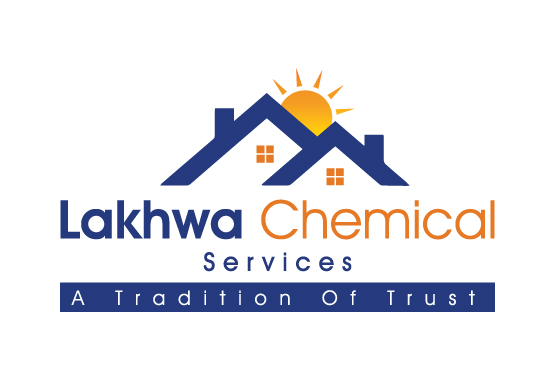
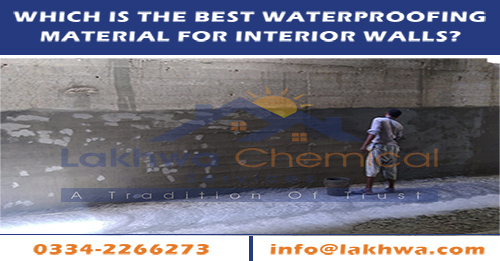

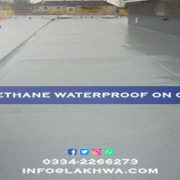
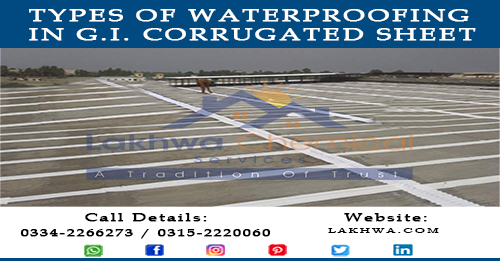
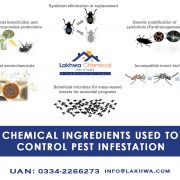
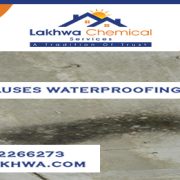
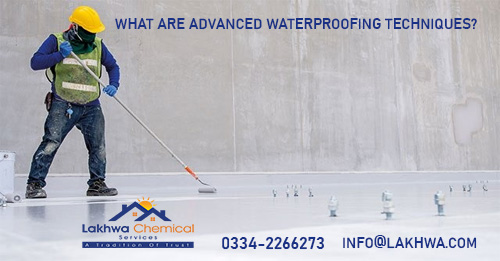

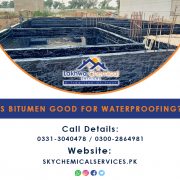


Leave a Reply
Want to join the discussion?Feel free to contribute!